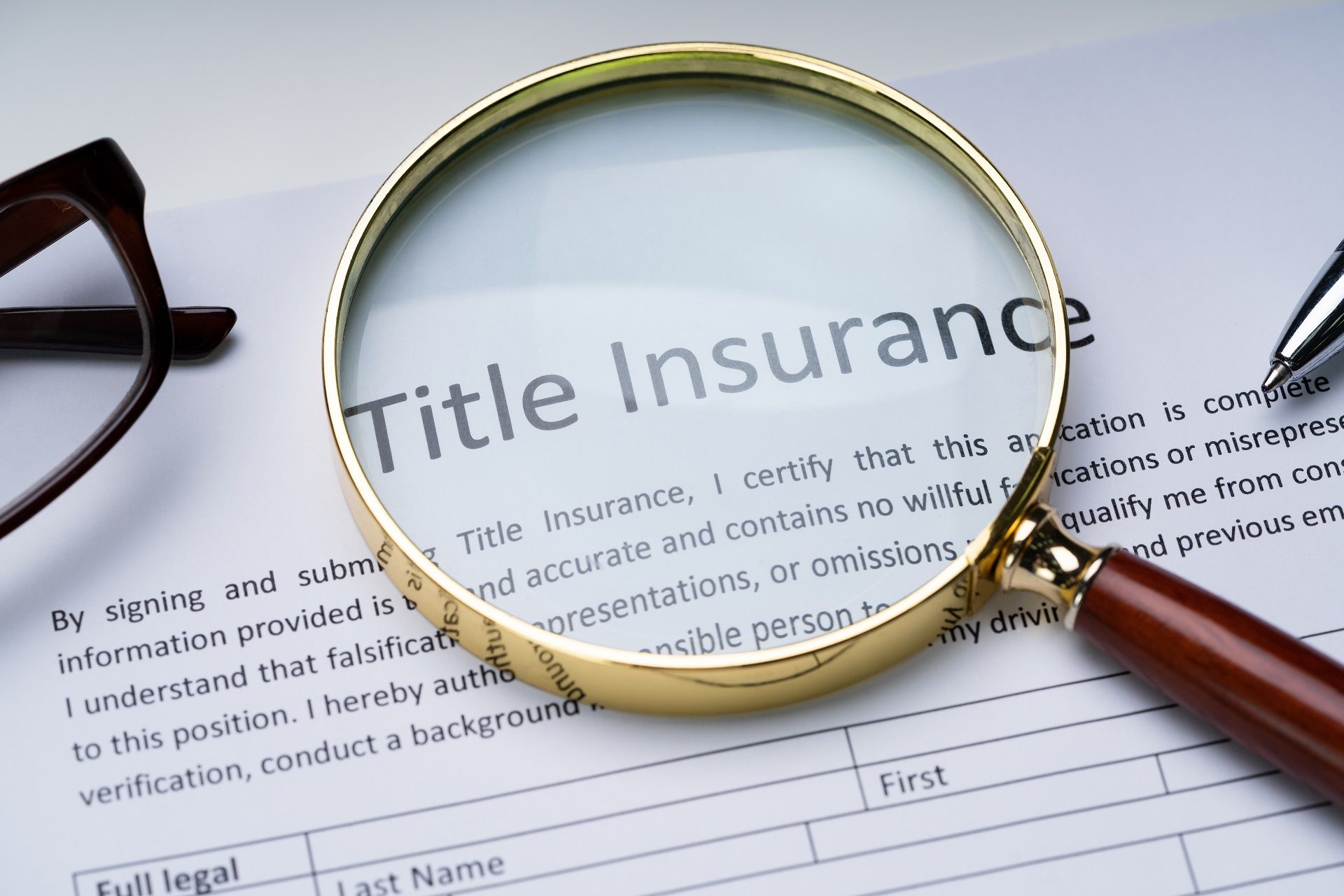Florida’s New PIP (Personal Injury Protection) Law
June 25, 2013
Florida has a new PIP (Personal Injury Protection) law for all motor vehicle accidents occurring on or after Jan. 1, 2013. The new law is supposed to combat fraud in the delivery of medical care to people who have been injured in car and truck crashes.
To understand how the law impacts you, here’s a little history about Florida being a PIP state. In the early 1970s, many people in Florida were injured in car crashes and had no insurance to pay for their medical bills. The Florida legislature fixed this problem by making PIP mandatory for all cars and trucks registered in Florida.
If you were injured in a car or truck accident in Florida, your PIP insurance paid 80 percent of the first $10,000 of your medical bills, up to $10,000. You could see any doctor; the only restrictions were that the care had to be related to injuries from the crash and had to be reasonably priced and medically necessary. Once your PIP benefits were exhausted, you could sue the other driver if he or she caused the accident.
Over the years, insurance companies have fought to restrict your PIP benefits, arguing that the benefits were being abused by unscrupulous providers. The legislature refused to limit people’s benefits but did beef up laws to prevent fraud.
In 2012, Gov. Rick Scott persuaded the Florida legislature to pass comprehensive PIP reform. The new law places significant restrictions on your choices for medical care when you are injured in a car or truck accident.
Here’s a summary of the new law:
1. You must obtain initial services and care within 14 days after the motor vehicle accident.
2. Initial services and care are only reimbursable if lawfully provided, supervised, ordered, or prescribed by a licensed: physician; osteopathic physician; chiropractic physician; dentist; or in a hospital, a facility that is owned by a hospital, or a licensed emergency transportation and treatment provider.
3. Follow-up services and care require that a patient referral comes from one of those providers and be consistent with the underlying medical diagnosis rendered when the individual received initial services and care.
4. The bill applies two different coverage limits for PIP medical benefits, based upon the severity of the medical condition of the individual:
A. An individual may receive up to $10,000 in medical benefits for services and care if a physician, osteopathic physician, dentist, physician’s assistant, or advanced registered nurse practitioner has determined that the injured person had an “emergency medical condition.” An emergency medical condition is defined as “a medical condition manifesting itself by acute symptoms of sufficient severity that the absence of immediate medical attention could reasonably be expected to result in serious jeopardy to patient health, serious impairment to bodily functions, or serious dysfunction of a body organ or part.”
B. An individual who is not diagnosed with an emergency medical condition has a PIP medical benefit limit is $2,500.
5. Massage and acupuncture are not reimbursable, regardless of the type of provider rendering such services.
There is little doubt that this new PIP law was written by the auto insurance industry and is intended to greatly restrict your access to medical care after an automobile or truck crash. Before the new law went into effect, if you needed care and treatment after an accident, it was a fairly simple matter of going to a doctor.
Now, you will find that it will be much more complicated to obtain medical care after a motor vehicle crash. PIP insurance companies will refuse to pay for care that does not precisely fit within the new PIP law. There are many traps and pitfalls in the new PIP law that will result in you not having the insurance coverage that you thought you purchased. When you run into problems with the new PIP law, call Crary-Buchanan.
At Crary Buchanan , we understand how the new PIP law works and encourage you to reach out to us if you need help in understanding how the new PIP law will affect you.
The post Florida’s New PIP (Personal Injury Protection) Law appeared first on Crary Buchanan.
Disclaimer: The information on this website and blog is for general informational purposes only and is not professional advice. We make no guarantees of accuracy or completeness. We disclaim all liability for errors, omissions, or reliance on this content. Always consult a qualified professional for specific guidance.






